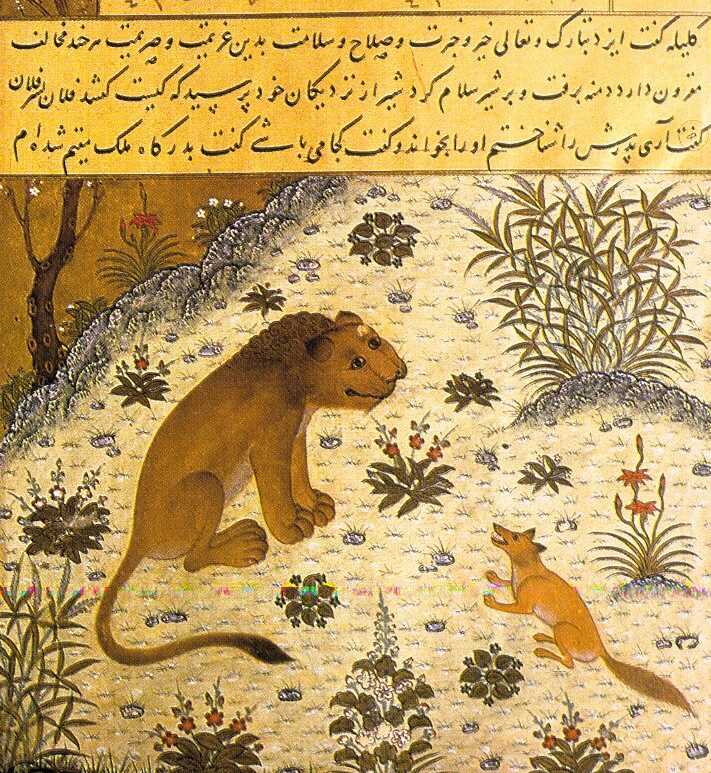Do you know any fable which speaks to a contemporary issue? We’d love to hear from you.
The AHRC networking project ‘Rethinking Fables in the Age of Global Environmental Crisis’ invites you to suggest a fable which speaks to environmental issues and the other global challenges confronting us. Please follow this link and enter your suggestion; tell us your selected fable, along with a short explanation of why you have chosen it and how it resonates with a contemporary issue you feel strongly about. The fable can be from any cultural or linguistic background. You are most welcome to retell or make changes to your chosen fable, to make it more fitting to the issue you’d like to address. You can invent a new fable too, inspired one you know or any issues you are interested in exploring.
If you are unsure whether your chosen story counts as a fable, or if you have any other questions, please don’t hesitate to contact the Principal Investigator Kaori Nagai at K.Nagai@kent.ac.uk.
About us: Launched in June 2023, we are a network of people interested in fables, nonhumans, and multispecies storytelling. We are committed to engaging with fables innovatively, and to exploring our relations to nonhumans and to each other in this rapidly changing world. We are particularly passionate about the fable as a literary form with a unique focus on nonhuman characters. While traditionally told to impart wisdom to humans, fables carve out a space dedicated to nonhuman beings. They are to be taken seriously if we are to rethink our relationship with nonhuman worlds. Fables are also used to satirise politics and power dynamics, portraying humans as animals. What better way is there to explore the vulnerability we share with nonhumans in the face of global political and environmental crises? Fables are also a perfect medium to explore our relationship with digital and virtual technologies, including AIs as new talking nonhumans.
Most importantly, the fable has a long global history. Because they follow human movements, similar fables recur in many places, and they continue to forge historical and cultural connections. To tell a fable is also to have a conversation with future generations who will undoubtedly be telling and retelling the same fables, and we hope to be able to pass on a better human and nonhuman world to them just as we pass on our fable tradition. We’d be delighted if you could join our conversations, and we look forward to hearing from you.
